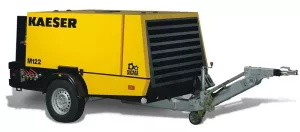Compressor: functions, characteristics, application
A compressor is a mechanical device that plays a key role in many fields, from refrigeration to industry. Its main function is to increase the pressure of a gas or liquid by reducing its volume. Compressors are an integral part of many systems and their variety allows them to be adapted to different applications
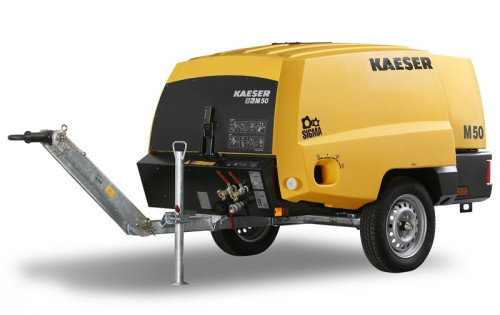
Compressor functions
Gas compression
The main function of a compressor is to increase the pressure of a gas by reducing its volume. This is crucial in refrigeration processes, air conditioning and also in industrial production.
Energy transfer
Compressors are used to transfer energy in the form of compressed air. In industry, compressor compressors provide energy for various tools and machines.
Sustaining industrial processes
In many industries, such as food and pharmaceutical production, compressors are essential to sustain production processes.
Compressor characteristics
There are many types of compressors, including centrifugal, screw, piston, diaphragm and others. Each type has its own unique features and is tailored to specific applications. Modern compressors are designed with energy efficiency in mind. Technologies such as variable speed control or two-stage compression help minimise energy consumption.
Application of compressors
Refrigeration and air conditioning: compressors are an integral part of refrigeration and air conditioning systems, where they are used to compress refrigerant gases.
In industry, compressors are used to power machines, pneumatic tools and various manufacturing processes.
Automotive: in cars, air conditioning compressors are responsible for cooling the air.
Need a compressor but don't want to invest in a purchase? Contact Ramirent construction equipment rental and rent a compressor at a favourable price!
Check out our range of compressors:
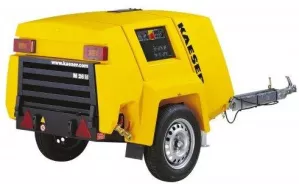
Petrol-powered mobile compressor efficiency 2 m³/min
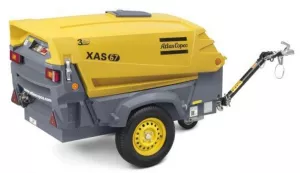
Petrol-powered mobile compressor efficiency 3,8 m³/min
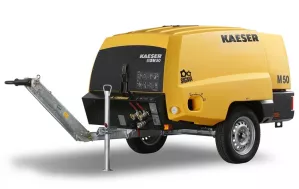
Petrol-powered mobile compressor efficiency 5,3 m³/min
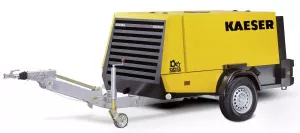
Petrol-powered mobile compressor efficiency 7,6 m³/min
